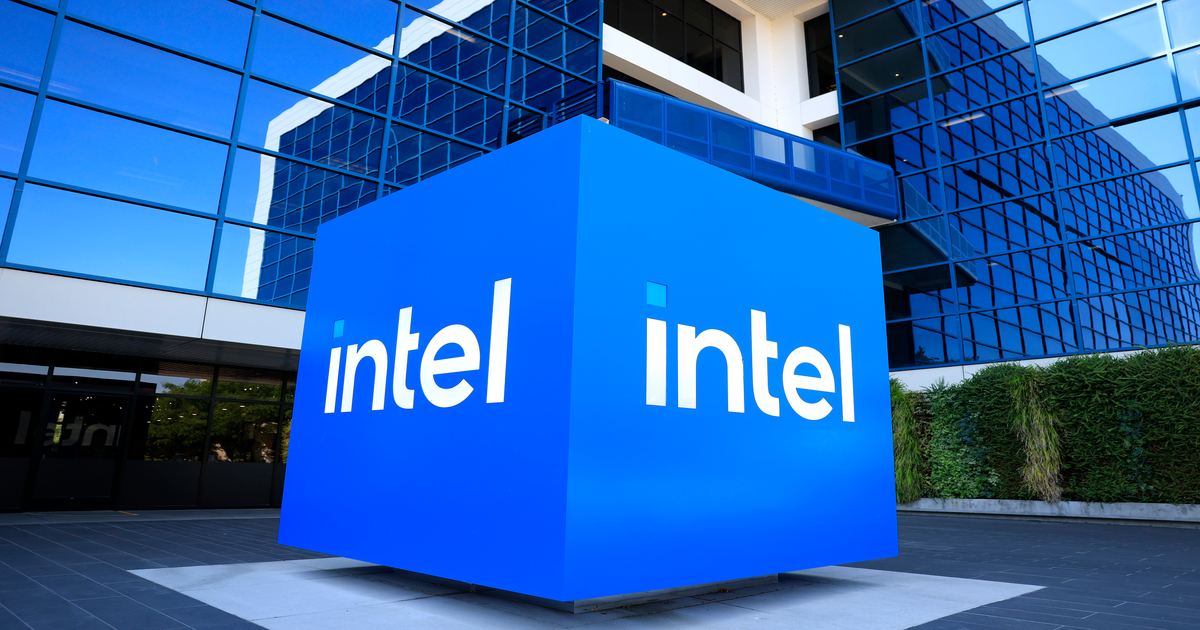Shares in Intel Corporation jumped more than six percent on Tuesday after Japan’s SoftBank Group announced plans to acquire a $2 billion stake in the U.S. semiconductor giant, signalling renewed investor confidence in Intel’s turnaround strategy.
The deal will be executed through SoftBank’s Vision Fund 2 and marks one of the fund’s largest listed-equity bets since scaling back investments in unprofitable tech startups.
Sources close to the transaction said SoftBank sees Intel as a critical long-term play in the global chip industry, which is poised to benefit from massive demand for artificial-intelligence infrastructure, data-centre expansion and government-funded onshoring initiatives.
The investment comes as Intel CEO Pat Gelsinger pushes ahead with a multi-billion-dollar makeover involving new fabrication plants in Arizona, Ohio and Europe, aimed at reclaiming leadership from Asian rivals TSMC and Samsung Electronics.
SoftBank’s backing is widely viewed as a vote of confidence in the manufacturer’s foundry ambitions and an attempt to ride the boom in AI-optimised chips.
Investors welcomed the news, sending Intel shares past $45 in afternoon trading to their highest level in more than 18 months, while also lifting broader chip-sector sentiment.
Analysts said the $2 billion stake signals strategic alignment rather than short-term speculation, suggesting SoftBank could leverage its portfolio of AI companies and ARM-based ecosystems to create deeper commercial ties with Intel.
ARM, which SoftBank is seeking to list in New York before the end of the year, is a major architecture partner to Intel’s nascent foundry-services business.
Market watchers believe the tie-up could unlock co-development opportunities as Intel seeks to diversify beyond its traditional CPU dominance.
The move comes as global technology firms race to secure chip capacity amid persistent supply shortages and geopolitical tensions.
For Intel, SoftBank’s endorsement adds momentum to its aggressive capital-spending plans, while for SoftBank it marks a return to betting big on established tech players after absorbing heavy losses in Silicon Valley startups.
Written By Ian Maleve
